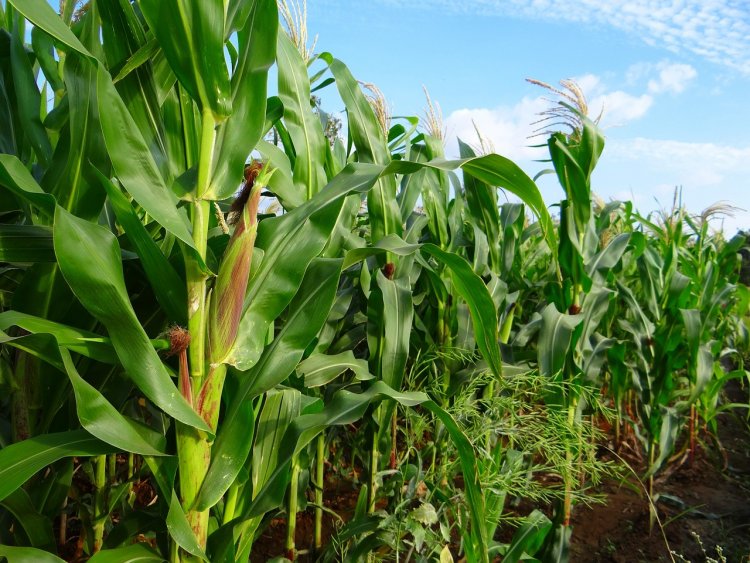The Effects of the Summer Season on Plant Growth and Agriculture

The summer season has significant effects on plant growth and agriculture, influencing various aspects of crop development, productivity, and management practices. Here are some of the effects of the summer season on plant growth and agriculture:
Optimal Growing Conditions: Many crops thrive in the warm temperatures and ample sunlight of the summer season. Warmer temperatures promote photosynthesis, the process by which plants convert sunlight into energy for growth, leading to increased plant growth rates and biomass production.
Extended Daylight Hours: Longer daylight hours during the summer season provide plants with more hours of sunlight for photosynthesis, allowing for increased energy production and carbohydrate synthesis. Extended daylight hours can accelerate plant growth and development, particularly in regions at higher latitudes.
Increased Evapotranspiration: Higher temperatures and increased sunlight during the summer season lead to higher rates of evapotranspiration, the combined process of water evaporation from the soil and transpiration from plant leaves. As a result, plants require more water to maintain adequate hydration levels, and irrigation needs may increase during hot and dry periods.
Developmental Stages: The summer season often coincides with critical developmental stages for many crops, including flowering, fruit set, and grain filling. Favorable weather conditions during these stages are essential for optimal crop yields and quality.
Pest and Disease Pressure: Warmer temperatures and higher humidity levels during the summer season can create favorable conditions for the proliferation of pests and diseases that affect crops. Increased pest and disease pressure may require growers to implement pest management strategies, such as integrated pest management (IPM) practices and the use of pesticides.
Water Management Challenges: Hot and dry weather during the summer season can lead to water stress in crops, particularly in regions with limited water availability or inadequate irrigation infrastructure. Proper water management practices, such as irrigation scheduling, soil moisture monitoring, and water conservation measures, are essential for maintaining crop health and productivity during periods of drought or water scarcity.
Heat Stress: High temperatures during the summer season can cause heat stress in crops, leading to reduced photosynthetic activity, wilting, leaf scorching, and decreased yields. Heat-tolerant crop varieties and shading techniques can help mitigate the effects of heat stress on sensitive crops.
Seasonal Crop Selection: Farmers often select crop varieties and planting dates based on the specific climatic conditions and growing season length of the summer season. Choosing heat-tolerant or short-duration crops and adjusting planting dates can optimize crop performance and minimize risks associated with extreme weather events.
Harvest Timing: The summer season influences the timing of crop harvests, with many crops reaching maturity and ready for harvest during this time. Timely harvesting is essential for maximizing crop yields, quality, and marketability.
Overall, the summer season plays a critical role in shaping plant growth and agriculture, providing favorable conditions for crop development while presenting challenges such as water stress, pest pressure, and heat stress. By understanding the effects of the summer season on plant growth and agriculture, farmers can implement appropriate management practices to optimize crop production and resilience in changing environmental conditions.
Thank you,